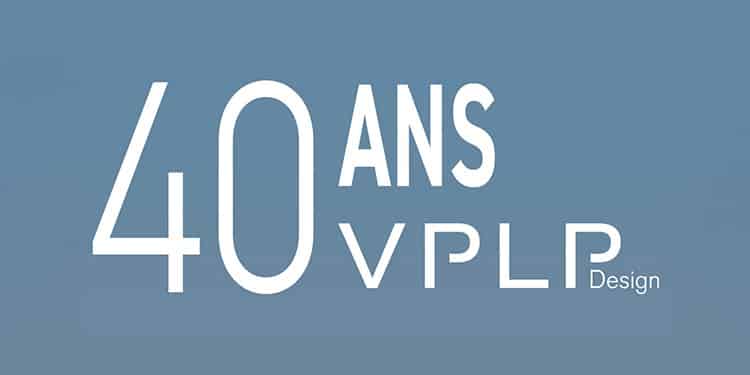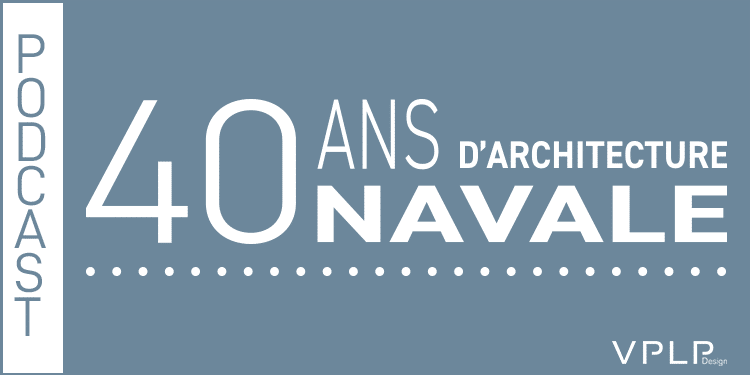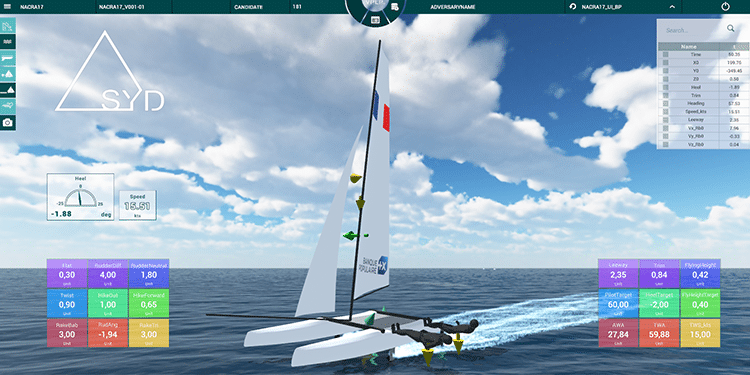
© Océan Développement / Martin Viezzer
Les femmes et les hommes qui constituent VPLP Design partagent une même passion : celle de la mer et du vent.
Nous innovons chaque jour pour concevoir de meilleurs bateaux, plus rapides, plus confortables, plus sûrs, plus efficaces, plus sobres.
Nous écoutons et nous échangeons – beaucoup – pour toujours dépasser les attentes d’un besoin exprimé ou d’un cahier des charges, grâce à notre expérience et à notre créativité.
Notre métier est d’aller encore plus loin et de transformer en réalité les rêves et les ambitions des marins. Avec une préoccupation centrale : la durabilité de nos projets.
© VPLP Design
Un bateau élégant, c’est celui qui porte la juste synthèse des souhaits de nos clients ; et la satisfaction de nos clients, c’est ce qui nous tient le plus à cœur. Chez VPLP Design, nous avons la conviction qu’un bateau réussi, c’est souvent une belle histoire humaine.
Nous sommes des passionnés de performance, au sens large. La performance, c’est la recherche de la vitesse, bien sûr, mais c’est aussi l’efficacité énergétique de la propulsion.
Concevoir des bateaux “environnementalement performants” est le fruit de la convergence de nos savoir-faire. Pour innover encore et toujours, nous avons défini une position claire : la curiosité est notre posture par défaut.
© Gilles Martin-Raget
Concevoir des bateaux réclame une équipe pluridisciplinaire qui associe des talents dans le domaine de l’architecture navale, de l’ingénierie et du design. Cela nous permet de ne négliger aucun aspect de la conception, tout en assurant la qualité des projets.
VPLP Design œuvre dans trois domaines d’activité, avec un pôle course, un pôle plaisance et un pôle maritime. Chaque pôle est sous la responsabilité d’un référent, mais l’ensemble de l’équipe travaille de manière transversale au service des projets.
Le transfert permanent de nos savoir-faire d’un pôle à l’autre est la clé de notre capacité à innover, avec la créativité, l’exigence, la rigueur et l’humilité. Tout en restant dans l’écoute attentive et la bienveillance.





